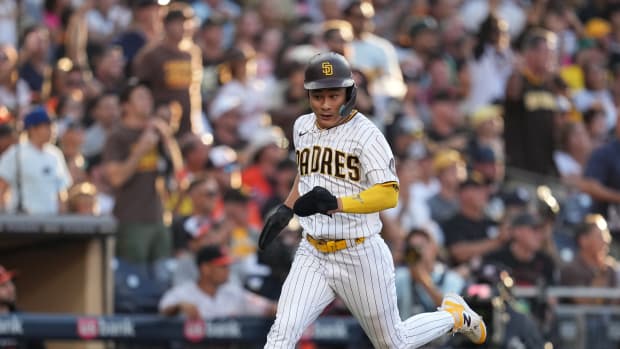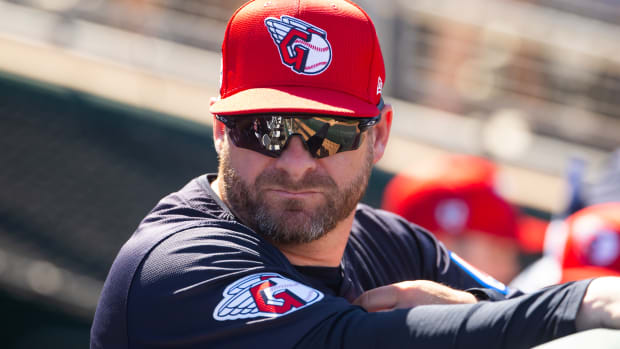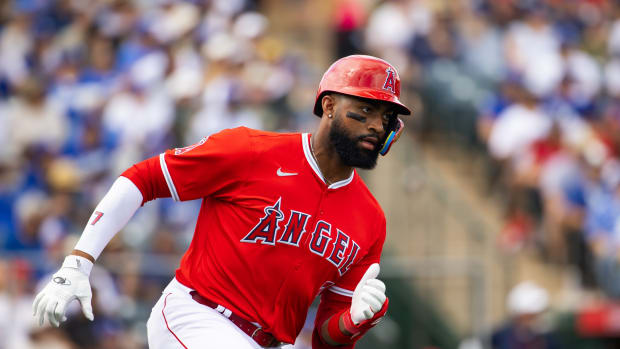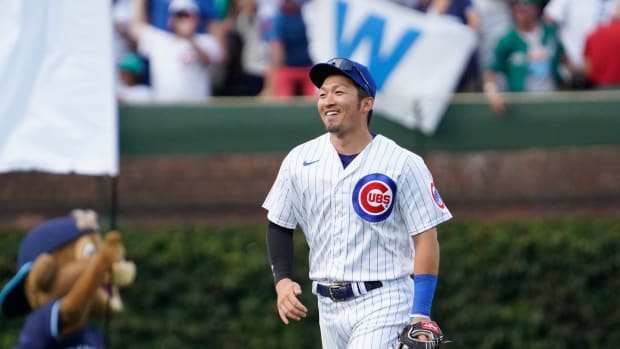Alfredo Griffin: An Example of Why Debating Who Deserves to Be an All-Star Is Silly
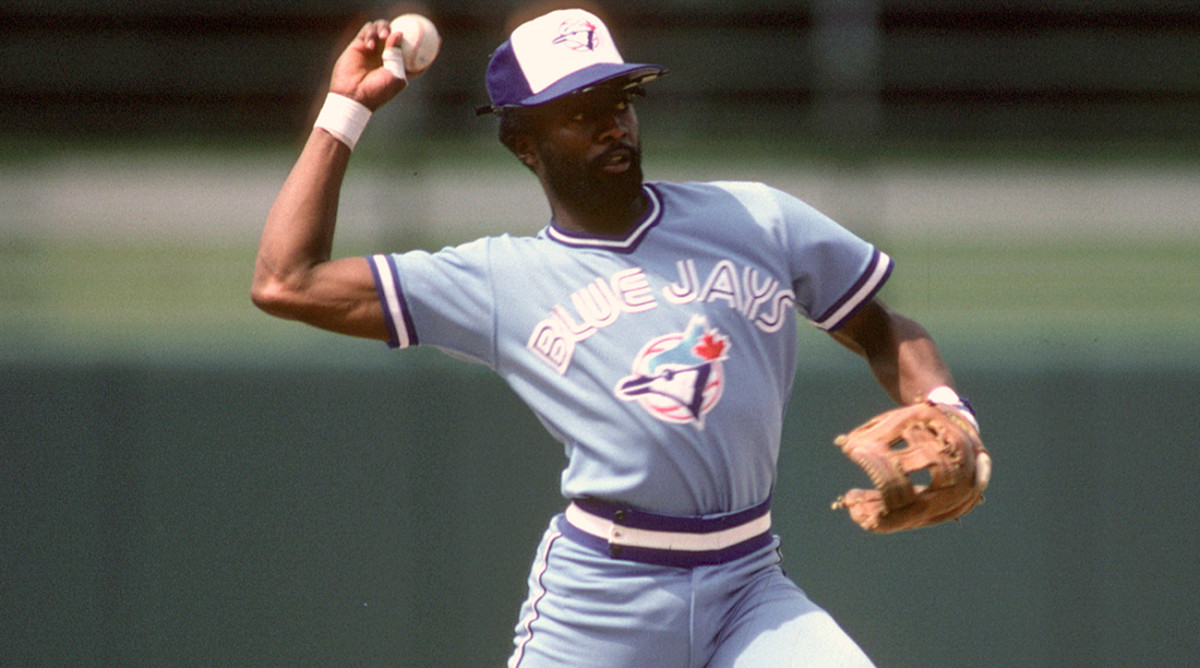
Nearly all of MLB’s All-Star discourse centers on the subject of qualification. There’s comparatively little said on the actual game, but on the question of who’s qualified to be in the game—there’s an annual flood of conversation on who should be an All-Star, who’s been snubbed as an All-Star, who’s wrongfully taking up space as an All-Star, and so on. It’s fair enough, if perhaps a bit redundant. The exhibition itself might no longer officially count for anything, but this surrounding discussion shows some general reach toward a sense of justice for justice’s own sake. We want the rosters to be right, even if there are many competing visions of “right,” each heavily influenced by our own ideas of fandom and baseball success, such that there can be hardly any unanimous agreement on anything, outside of maybe Mike Trout. Still. It’s the principle of the thing!
Which lays the foundation for some of the best pockets of All-Star history. There have been a handful of All-Stars who didn’t fit anyone’s idea of “right”; who were chosen not by the regular selection method, but by chance or necessity or fate; who add some delightfully weird texture to the whole thing. And this is the 35th anniversary of what is, for my money, the best of this genre: Alfredo Griffin, 1984 All-Star.
It was Griffin’s first and only All-Star selection—five years after he’d been named Rookie of the Year in 1979, and one year before he’d win his only other postseason recognition, a Gold Glove in 1985. It was his last year as the starting shortstop for the Toronto Blue Jays, for which he’d played the first six full seasons of his career. And it wasn’t his worst season, but, well, it was close. By 1984, it was no secret that Griffin’s defense was his calling card and his offense was… better left unmentioned. He’d been one of the game’s weakest hitters in 1981, 1982, and 1983; Griffin’s .589 OPS in those years was the lowest in baseball for a player with at least 1,500 plate appearances. His 1984 was no different. At the All-Star break, Griffin’s .567 OPS was among the lowest in the league. (His performance would only get worse in the second half, and even with his defense, he’d finish with -1.5 WAR, which is notably terrible for an All-Star—but, for now, that’s neither here nor there.)
So: Griffin, in 1984, was not a traditional choice for an All-Star, by any definition of the term. He didn’t present the question of how to rate an incredible glove with a fringe-y bat. He presented a very good glove with a historically terrible bat. He was in the middle of what would ultimately be a long and lovely playing career, with years ahead of him in coaching, too, assuredly full of delights various and sundry. (Though it’s worth noting that if you search his name on YouTube, the top three highlights are, in order, him striking out in embarrassing fashion, him making an amazing mental error, and him hitting into a triple play.) There’s plenty to appreciate about Alfredo Griffin. But he generally did not look exactly like an All-Star, and he certainly did not look like one in 1984.
But Griffin’s double-play partner, Blue Jays second baseman Damaso Garcia, did. Garcia received his first of two career All-Star nods in 1984, and as he prepared to head out to the festivities in San Francisco, he faced a decision: Who was going to be his plus-one? Each All-Star got to bring one; it was typical to take a wife or girlfriend. But Garcia’s wife had already made travel plans for the week, before the couple realized that he might be selected, and it was too late to change them. So Garcia settled on… his fellow middle infielder, Griffin, who had no other plans for his break.
“My wife was out-of-town and his wife was out-of-town,” Griffin told the press that week. “And he could bring a guest, so Damaso said why not come out to see the game.”
Griffin flew out to San Francisco to support his teammate—which meant that he was around when American League All-Star shortstop Alan Trammell had to pull out of the game with an arm injury on the day before. Manager Joe Altobelli needed a replacement, and he needed one fast. Who was around? “I was sitting in the hotel room watching TV, and I got a call asking if I wanted to play,” Griffin said.
Griffin came off the bench to replace Cal Ripken in the sixth inning and played three frames in the field, though he was pulled for a pinch-hitter before he could see the plate. He even got to turn a play with his buddy Garcia. (Ozzie Smith hit a grounder right to him.) The American League lost, but Griffin had his moment in the sun, however brief.
There are other strange stories of replacements for the All-Star Game, certainly—Joe Girardi in 2000 comes to mind—but there hasn’t been one quite like this, with a player who was performing quite this poorly brought to the game under quite such earnest circumstances. It’s a testament to the virtue of showing up, if nothing else, and a delightful reminder of how fundamentally silly all of these arguments around qualification can be. On the 35th anniversary of all of this: All hail the beauty of the All-Star Game as a game, and all hail Alfredo Griffin.
































